Virgin Australia’s massive change to how pets fly divides travellers
Virgin Australia has sparked a lively debate with plans to allow travellers to bring cats and dogs on board. Take our poll. Have your say.
National
Don't miss out on the headlines from National. Followed categories will be added to My News.
Australians have been left divided over plans by Virgin Australia to allow people to travel with their animals on-board.
The airline wants to become the country’s first to operate domestic flights allowing pets in the cabin from next year, following regulatory approval.
Currently, pets are required to be checked into the cargo area of a plane, unless they are authorised assistance or service dogs. But Virgin Australia wants to change that.
A poll of News Corp readers found 50 per cent did not support Virgin’s new plan, while 44 per cent did back the move and six per cent were unsure (just before noon AEDT).
One supporter said: “I welcome this proposed changed and congratulate Virgin for coming to the present time. In some instances pets are far better behaved than some humans that fly.”
Another agreed: “I don’t see a real problem Have flown in the USA next to a passenger with her small dog on her lap.”
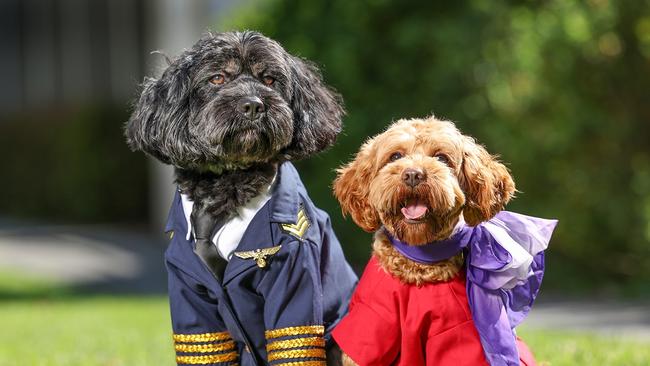
Some Aussies felt it would boost domestic tourism: “YAY a long time coming but let's move forward & take our beloved dogs with us on the flights. This will increase Tourism above & beyond”.
But others weren’t so happy with many concerned about the pets’ toilet training.
“A woke joke? I don’t want to travel with the stench of dog droppings / urine wafting through the cabin – or the bark,” said one reader.
And another: “Will there be doggie bags along with sick bags on the plane ..? What actions in flight can be taken where a pet becomes uncontrollable? Will the weight of the pet be considered part of your carry on luggage…”.
Some readers took issue with the move being restricted to cats and dogs.
“What about my pet parrot; at least she can talk maybe a few expletives but I can have a conversation but a cat and dog just poos and has fleas.”
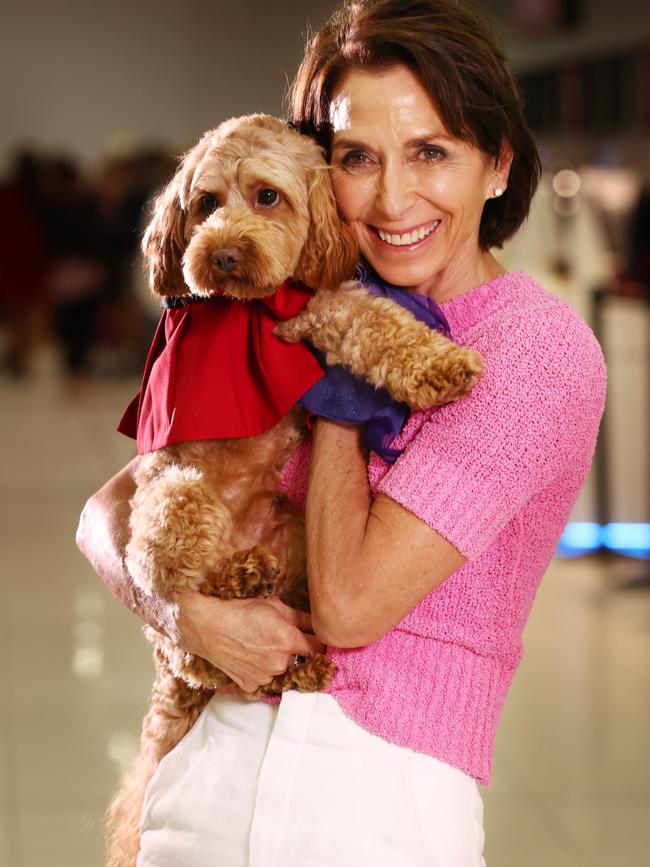
Some reader simply took issue with animals and children: “What now we have to put up with barking dogs on board as well as screaming kids and babies.”
Virgin Australia’s Group CEO Jayne Hrdlicka said pets in cabins worked well overseas and was confident it would do well here.
“Our love for animals has always been in the Virgin Australia DNA and we’re excited at the prospect of taking off with Australia’s first-ever pets in cabin flights,” Ms Hrdlicka said.
“Our guests tell us they want to travel with their pets, and we are now on a journey to make that a reality. It’s something that commonly happens overseas and is proven to work well.”
She said given almost 70 per cent of Australian households have a pet “this announcement is really significant for a large proportion of the country.”
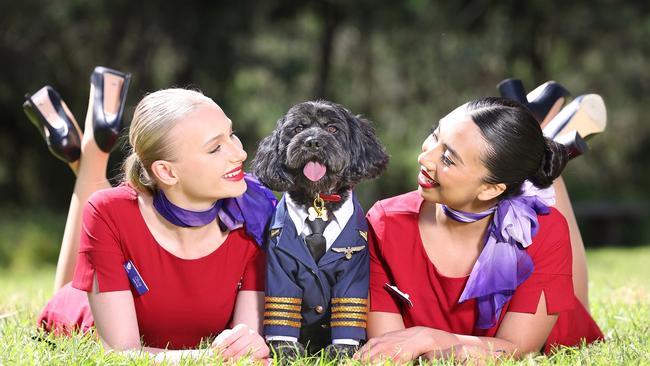
Under the proposed plans, the service will be restricted to small cats and dogs and only on specific domestic routes.
The pets would be restricted to a limited number of designated rows and must be in a Virgin Australia approved pet carrier and housed under the seat in front of the owner for the duration of the flight. They will not be allowed on the owner’s lap or be able to roam freely during the flight.
And when it comes to the pets needing a bathroom break, those details are yet to be finalised.
Melbourne Airport’s chief executive officer Lorie Argus, who is working with Virgin on the new plans, said they’ve been investing in animal-friendly facilities across their terminals.
These facilities, which are primarily for assistance animals, contain fake grass, a fake rock and a hose for cleaning pets.
“We expect the pets in cabin concept will prove a popular offering and we look forward to working with Virgin Australia to make it a reality,” Mr Argus said.
However, he said animals being carried on board Virgin Australia flights will still be required to remain in their approved pet carriers “at all other times within the terminal.”
Sydney Airport have also welcomed the move and said they were “looking forward to working with Virgin Australia on this project.”
In 2019, Sydney Airport introduced assistance animal toilets for companion pets which contains an artificial turf area, a disposable bin and water bowl.
For frequent travellers Allana Hinks and her husband Ryan, the new changes will help ease their worries when travelling with their three-year-old cavoodle Alfred.
“The stories we have heard about travelling with dogs in cargo plus the fear of what could happen to him when he isn’t with us means we choose to drive rather than fly,” Mrs Hinks said.
“Allowing pets on-board would not only reduce stress, costs and time for owners but it would also reduce a huge amount of stress on the pets themselves.”
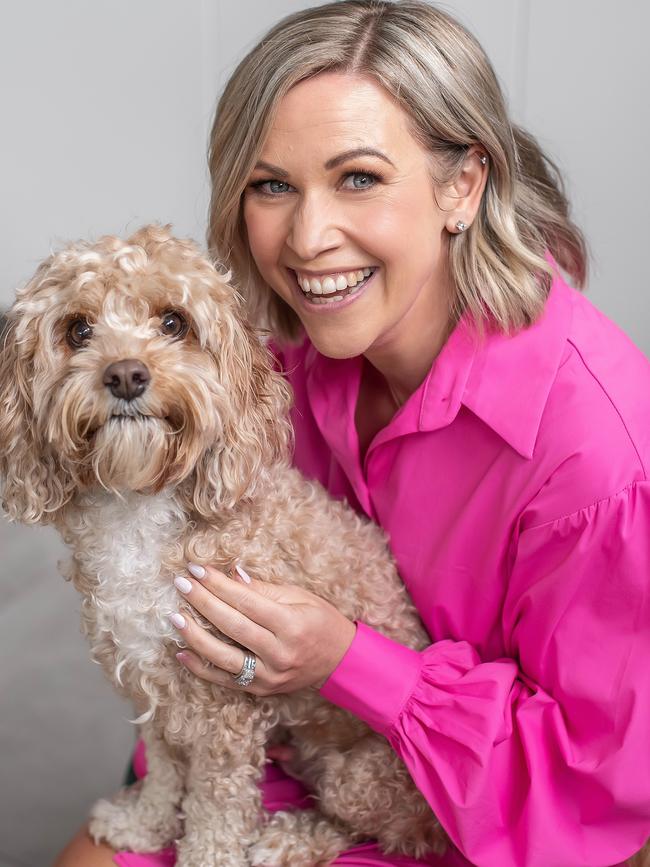
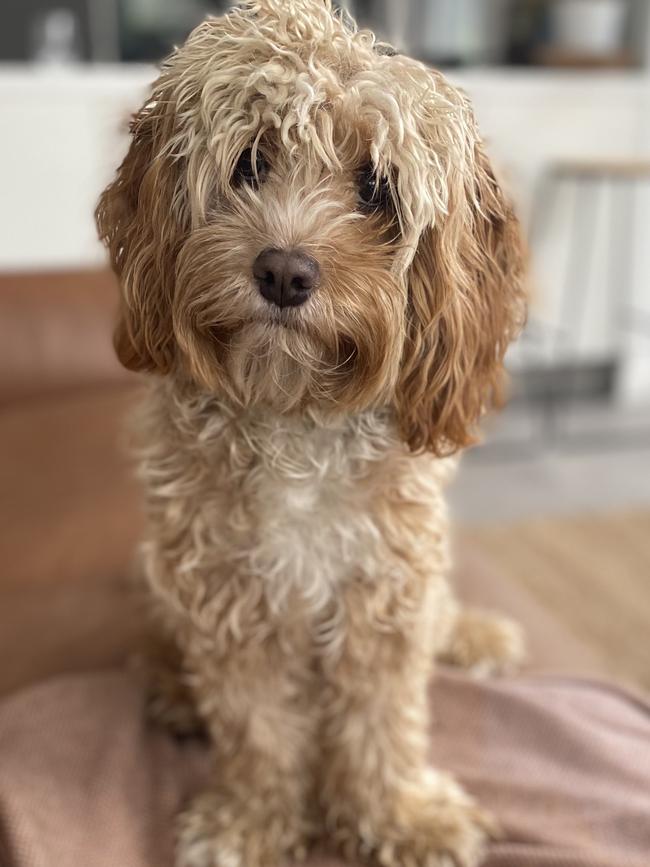
Dog owners Lauren Rutter and Tom Cleary have welcomed the move and hope the service will eventually expand to include bigger dogs like their five-year-old blue cattle cross kelpie Roo.
“Putting him in boarding is expensive so we’ve often had to change plans and drive more than nine hours instead of flying so we can bring Roo with us,” Ms Rutter said.
“If Roo could fly at some point with us comfortably it would give us so much more confidence when flying.”
Many overseas airlines already allow pets to travel as carry-ons.
“I think it’s a change that is bound to happen eventually so airlines that can figure it out early will benefit,” Ms Rutter said.
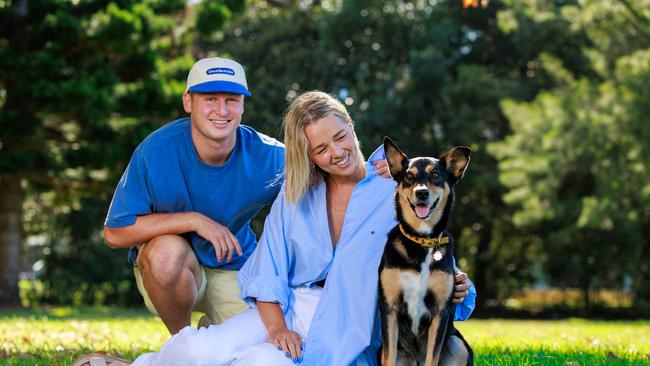
The proposed pets in cabin flights will not result in any change to approved assistance animals being able to travel in the cabin of Virgin Australia aircraft at no additional cost.
WHAT VIRGIN’S NEW PLANS WILL INCLUDE:
1. The service will be limited to small cats and dogs on specific domestic routes;
2. Pets will be restricted to a limited number of designated rows
3. Pets will not be allowed to roam freely or sit on laps
4. Pets must also be carried in a Virgin Australia approved pet carrier under the seat in front of the owner for the duration of the flight
5. There will be no changes to approved assistance animals being able to travel in the cabin of Virgin flights





